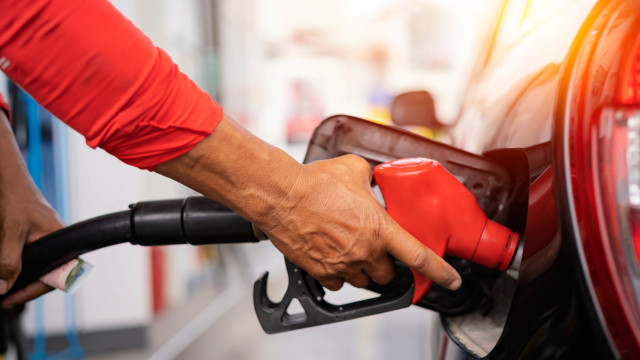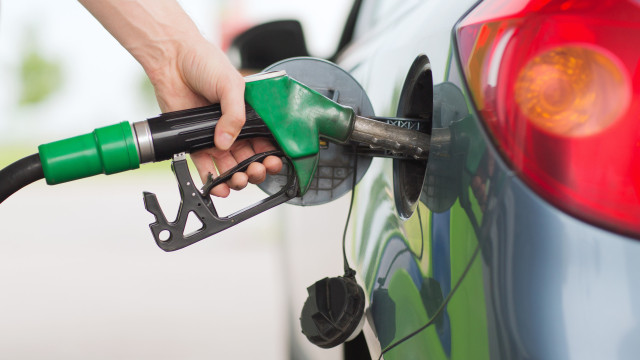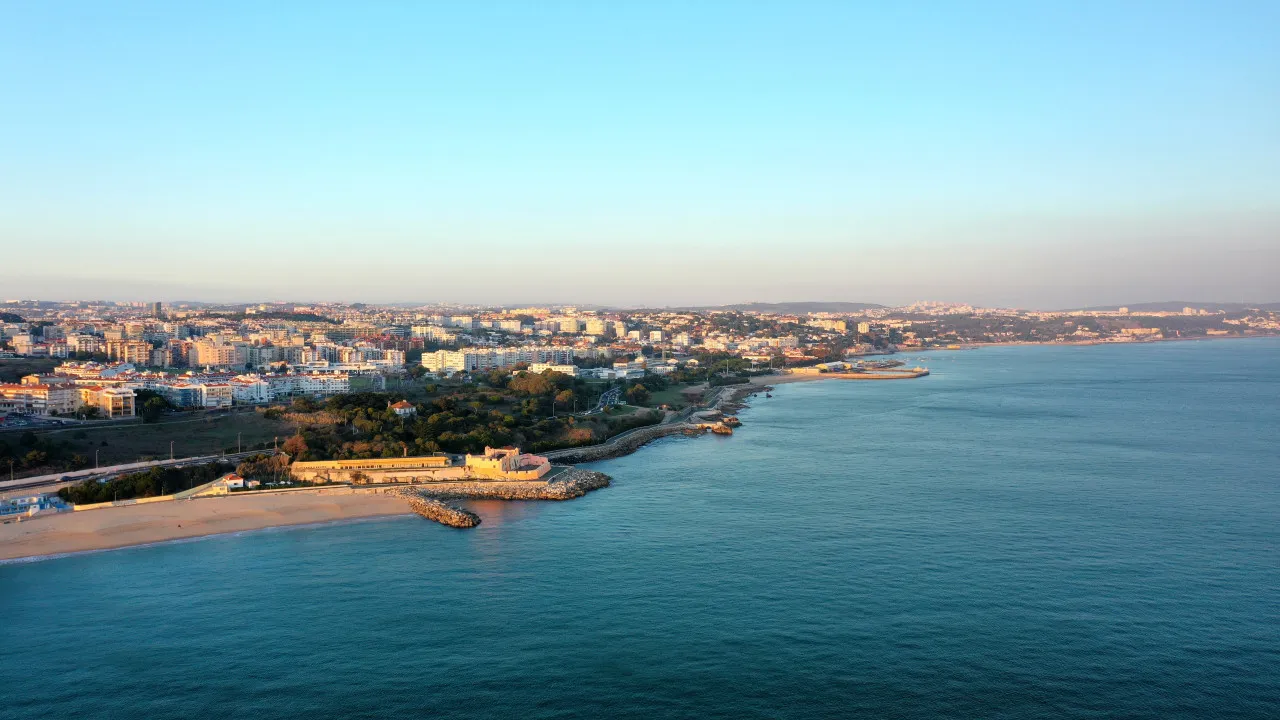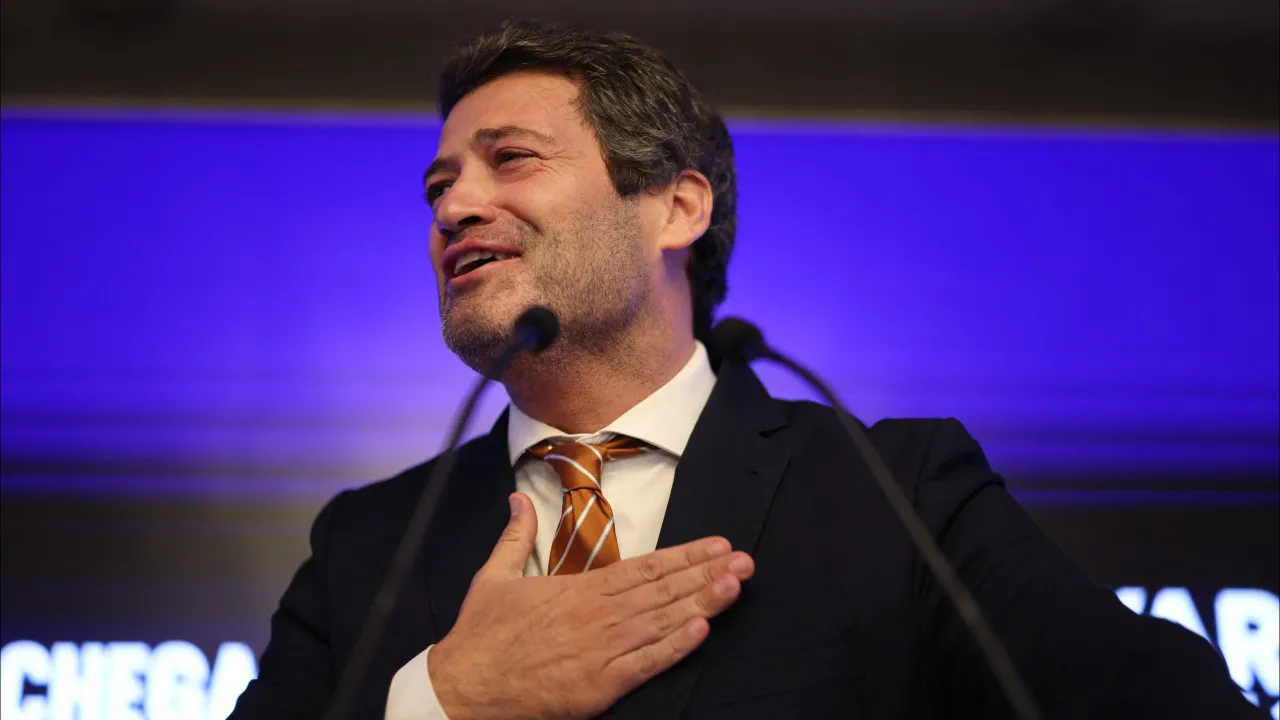High temperatures are expected this Sunday, so it will be better to wait until Monday to refuel your car, as fuel prices are projected to decrease.
This price relief follows the sharp rise that occurred at the start of this week.
Diesel is expected to drop by four cents per liter, while gasoline prices are expected to fall by 3.5 cents, as estimated by the Automóvel Club de Portugal (ACP), citing industry sources.
These decreases come after initial week hikes, which saw diesel increase by 6.7 cents and gasoline by 2.4 cents, based on average prices released daily by the Direção-Geral de Energia e Geologia (DGEG).

Both diesel and gasoline will become cheaper next Monday. This price relief follows the significant increases earlier in the week, driven by the appreciation of oil in international markets.
The significant increase at the beginning of this week was triggered by escalating conflicts in the Middle East, which spiked oil prices on international markets. However, this trend eased as the week progressed.
On Thursday, the price of a barrel of Brent crude for August delivery ended the trading session on the London futures market up by 0.07%, reaching $67.73, following a calm trading day after highly volatile sessions. North Sea crude, a benchmark in Europe, closed at the Intercontinental Exchange just five cents above the $67.68 closing price of the previous day.
The slight rise was supported by a larger-than-expected drop in U.S. oil reserves, reinforcing the perception of strong demand in the world’s largest economy.
The ceasefire between Iran and Israel also helped stabilize short-term expectations, shifting investors’ focus to market fundamentals, namely the supply-demand balance during the peak consumption season.
At the beginning of the week, the Minister of the Presidency stated that the Government is monitoring fuel price developments, but considers current impacts as largely potential. However, the possibility of significant and lasting price increases could prompt governmental action.
António Leitão Amaro emphasized that the Government is vigilant and tracking price movements, ensuring that measures will be taken if “very significant and lasting” increases occur.

Fuel prices are set to become more expensive this Monday. Economist João Santos suggests that the government should take action, as it is possible that fuels could reach two euros per liter.




